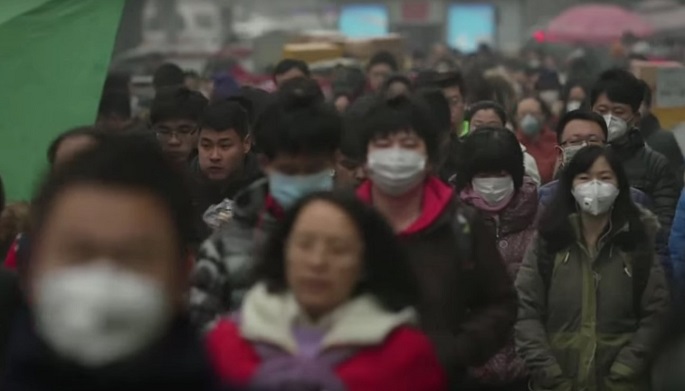In all the amazing advancements the various fields of science and technology have reached since the dawn of the 21st century, some things remain unresolved or undiscovered.
For one, there is still no specific drug that can cure cancer once and for all.
Nevertheless, as people used to say, hope springs eternal.
For those who are fighting the Big C, they might embrace the good news coming from the scientists working at the Shanghai Institutes for Biological Sciences (SIBS) of Chinese Academy of Sciences (CAS).
The scientists from SIBS’ Institute of Biochemistry and Cell Biology said that a person’s T cells can fight off tumor cells, reported Shanghai Daily.
Xu Chenqi, one of the scientists, said that the function of the T cells should be boosted “to improve the body’s ability to fight against tumor cells.”
Xu said that the enzyme ACAT1, which he described as “a promising drug,” can help enhance the function of CD8+ T cells, “also known as killer T cells.”
English scientist John Beard (1858-1924) authored “The Enzyme Treatment of Cancer and Its Scientific Basis” to support his proposal that “the pancreatic enzyme trypsin represents the body’s primary defense against cancer and would be useful as a cancer treatment,” according to New Spring Press.
For his outstanding work in embryology, Beard earned a Nobel Prize nomination in 1905.
In 2010, New Spring Press published Beard’s book, which first came out in 1911. American physician Nicholas Gonzalez (1947-2015) wrote the foreword of the 320-page book.
Dr. Gonzalez wrote “What Went Wrong: The Truth Behind the Clinical Trial of the Enzyme Treatment of Cancer,” published in 2012.
In the award-winning book, he discussed the “biases within the scientific community that make fair testing of unconventional treatments so difficult,” according to his official website.
According to Amazon, “if properly run,” Dr. Gonzalez’s research on the use of enzymes “might have ushered in a new direction in cancer treatment.”
Born in New York and used to write for Time Inc., Dr. Gonzalez graduated magna cum laude from Brown University, one of the eight prestigious Ivy League schools. He earned a degree in English literature.
In 1983 he received his medical degree from Cornell University Medical College, another Ivy League institution.
Frank Lampe and Suzanne Snyder interviewed Dr. Gonzalez in 2007 for “Alternative Therapies.” The interview appeared in the January-February issue, volume 13, number 1.
In one part of the interview, he told them: “The main anti-cancer element in our program is the proteolytic pancreatic enzymes.”
Dr. Gonzalez also said that Beard was the first one who “suggested pancreatic enzymes have an anti-cancer effect.”
When Lampe and Snyder asked him for his “thoughts about the current state of cancer research and treatment,” Dr. Gonzalez initially said that “it’s a disaster.”
“Even orthodox researchers are beginning to say that after the 30-year war on cancer, the victories have been few and far between,” he said.
Dr. Gonzalez also said: “I heard that when I was a journalist 35 years ago, during the Nixon presidency--if we just put money into the war on cancer, a cure will be found in five years. That was 1971. Thirty-five years later, not much has changed.”
He concluded his answer by saying that when it comes to new cancer treatments being proposed by others such as people like him and Beard, those in the medical and scientific communities “shouldn’t be so arrogant.”
“They should be humbled in the face of a new idea that might offer promise,” he said.






















